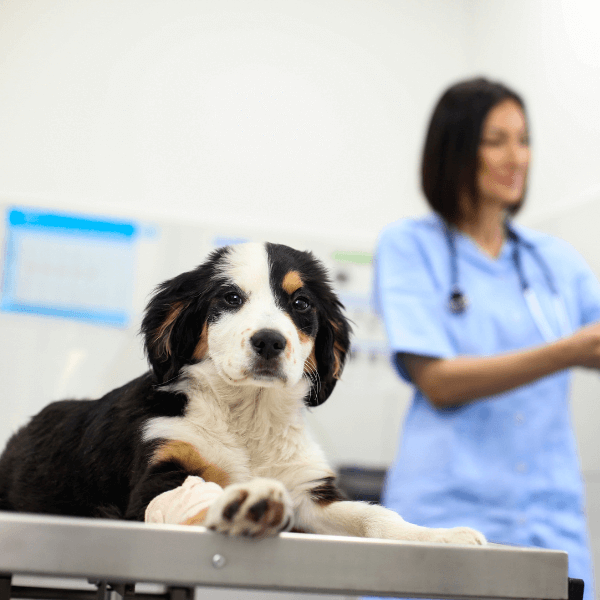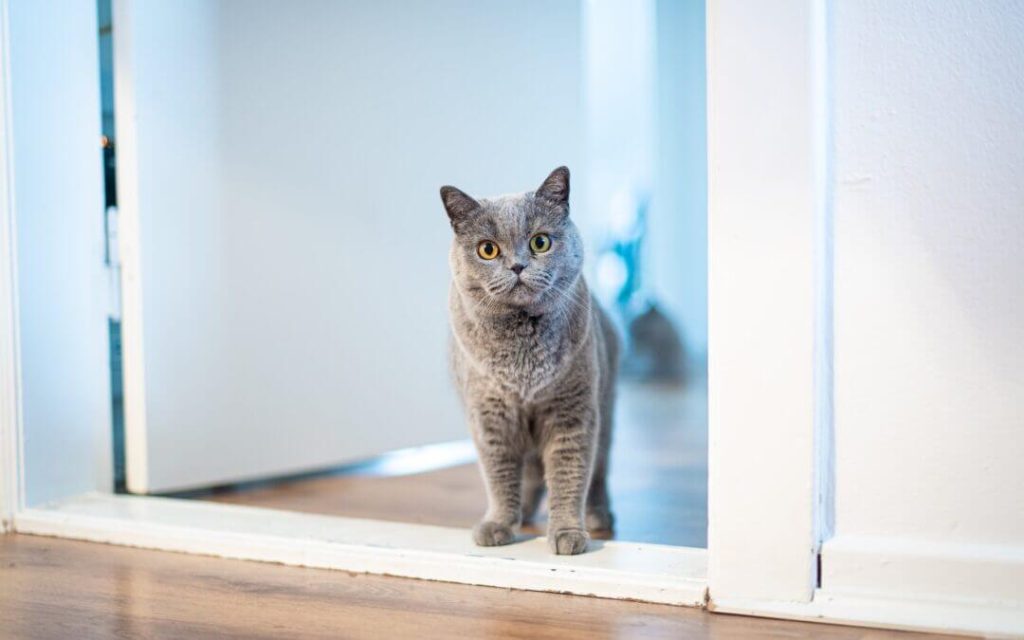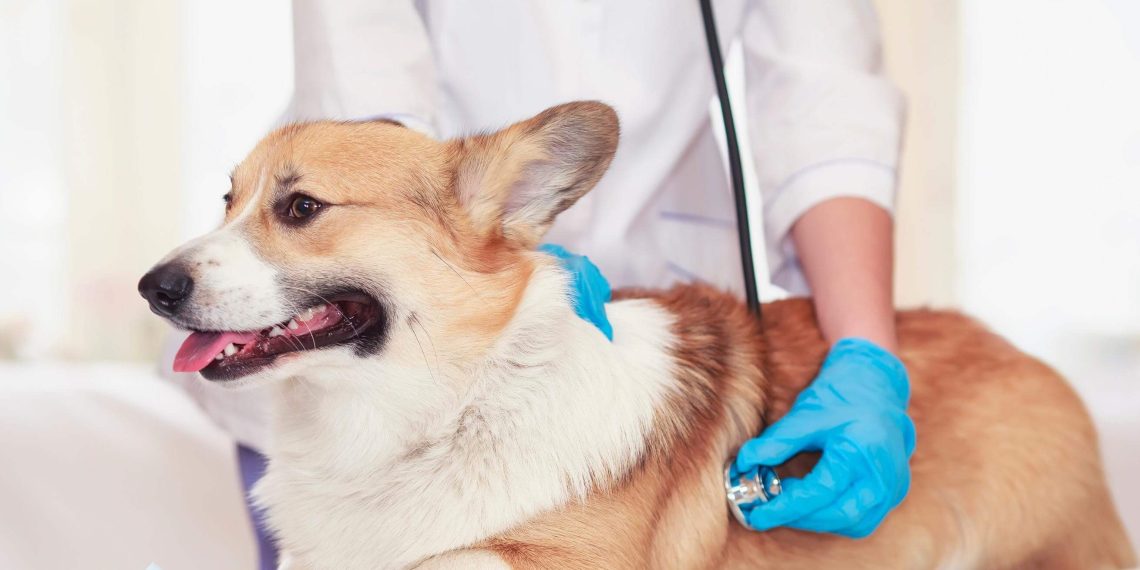Pet obesity is an increasing concern among veterinarians and pet owners globally, with significant implications for the health and well-being of animals. The issue is particularly pressing in regions like Dubai and the UAE, where lifestyle factors, climate, and pet care practices contribute to a growing number of overweight pets. Veterinary hospitals play a crucial role in addressing this issue by providing specialized care, guidance, and treatment options. This article delves into how veterinary hospitals are helping combat pet obesity, offering detailed insights into the strategies, resources, and expertise they bring to this challenge.
Understanding Pet Obesity: A Growing Problem
Pet obesity is defined as an excess of body fat that impairs an animal’s health and reduces its lifespan. According to the Association for Pet Obesity Prevention, over 50% of dogs and cats in the United States are overweight or obese, a trend that mirrors global patterns. In Dubai and the UAE, similar concerns are evident, with an increasing number of pets falling into the overweight category due to factors such as overfeeding, lack of exercise, and the hot climate, which discourages outdoor activities.
Obesity in pets leads to various health problems, including diabetes, heart disease, joint issues, and a decreased quality of life. The need for effective intervention is clear, and veterinary hospitals are at the forefront of this battle, offering comprehensive services to address and prevent obesity in pets.

The Role of Veterinary Hospitals in Preventing and Managing Pet Obesity
Veterinary hospitals are equipped with the knowledge, tools, and resources necessary to tackle pet obesity effectively. These institutions offer a multi-faceted approach that includes accurate diagnosis, personalized diet plans, exercise recommendations, and ongoing monitoring.
1. Accurate Diagnosis and Assessment
The first step in combating pet obesity is an accurate diagnosis. Veterinary hospitals utilize advanced tools such as body condition scoring (BCS) and body fat index (BFI) to assess a pet’s weight and determine the severity of obesity. These assessments are crucial for developing an effective treatment plan tailored to the individual needs of the pet.
2. Personalized Nutrition Plans
One of the most effective ways to combat pet obesity is through a carefully managed diet. Veterinary hospitals provide personalized nutrition plans that consider the pet’s age, breed, weight, and overall health. These plans often involve the prescription of specialized, calorie-controlled diets designed to promote weight loss while ensuring that the pet receives all necessary nutrients.
3. Exercise and Activity Recommendations
Regular physical activity is essential for maintaining a healthy weight in pets. However, in regions like Dubai, where extreme temperatures can limit outdoor activities, veterinary hospitals play a key role in recommending safe and effective exercise routines. These may include indoor activities, controlled outdoor exercises during cooler hours, and the use of pet gyms or swimming facilities.
Veterinary hospitals often work with pet owners to develop an exercise plan that suits their pet’s needs and abilities. For overweight pets, starting with low-impact activities is crucial to avoid putting additional strain on joints and muscles.
4. Ongoing Monitoring and Support
Weight management is a long-term commitment, and veterinary hospitals provide ongoing monitoring to ensure pets stay on track with their weight loss goals. Regular check-ups allow veterinarians to adjust diet plans, monitor health improvements, and address any challenges that may arise during the weight loss journey.
In the UAE, where busy lifestyles may make it difficult for pet owners to consistently monitor their pets’ progress, veterinary hospitals offer support through follow-up appointments, telehealth consultations, and even mobile veterinary services.

The Importance of Collaboration Between Pet Owners and Veterinary Hospitals
Combating pet obesity requires a collaborative effort between pet owners and veterinary professionals. While veterinary hospitals provide the expertise and tools, pet owners play a vital role in implementing the recommended strategies at home. This collaboration is essential for success, as consistency in diet, exercise, and monitoring is key to effective weight management.
1. Education and Awareness
Veterinary hospitals in Dubai and the UAE are increasingly focused on educating pet owners about the dangers of obesity and the importance of preventative care. Through workshops, seminars, and one-on-one consultations, veterinarians provide valuable information on recognizing early signs of obesity, understanding the risks, and taking proactive steps to prevent weight gain.
Educational initiatives often extend beyond the veterinary hospital, with campaigns aimed at raising awareness within the broader community. These efforts help to create a culture of responsible pet ownership, where maintaining a healthy weight is seen as a fundamental aspect of pet care.
2. Adherence to Treatment Plans
For a weight management program to be successful, pet owners must adhere to the treatment plan prescribed by their veterinarian. This includes following dietary recommendations, ensuring regular exercise, and attending scheduled check-ups. Veterinary hospitals emphasize the importance of consistency and provide tools to help pet owners stay on track, such as weight loss journals, progress trackers, and access to veterinary nutritionists.
In the UAE, where lifestyle factors such as frequent travel and the availability of high-calorie pet foods can complicate adherence to a weight loss plan, veterinary hospitals offer practical solutions. These may include pre-portioned meals, guidance on choosing the right pet foods, and advice on maintaining a routine even when away from home.
3. Behavioral Modifications
In some cases, pet obesity may be linked to behavioral issues, such as excessive begging for food or using food as a coping mechanism for anxiety. Veterinary hospitals in Dubai and the UAE recognize the need to address these underlying behavioral factors as part of a comprehensive weight management program.
Veterinarians work with pet owners to implement behavioral modifications, such as establishing consistent feeding times, reducing the use of food as a reward, and introducing alternative forms of enrichment. By addressing both the physical and behavioral aspects of obesity, veterinary hospitals help ensure long-term success in weight management.

The Role of Veterinary Hospitals in Community Health Initiatives
Veterinary hospitals in Dubai and the UAE are not only focused on individual cases of pet obesity but also on broader community health initiatives. These initiatives aim to reduce the overall incidence of obesity in the pet population through public awareness campaigns, partnerships with local pet-related businesses, and collaboration with governmental organizations.
1. Public Awareness Campaigns
Public awareness campaigns play a crucial role in educating pet owners about the risks of obesity and the steps they can take to prevent it. Veterinary hospitals often partner with local media, pet stores, and community organizations to disseminate information on healthy pet lifestyles. These campaigns may include tips on proper feeding, the importance of exercise, and the role of regular veterinary care in preventing obesity.
In Dubai and the UAE, where pet ownership is on the rise, such campaigns are particularly important in reaching new pet owners who may be unfamiliar with the risks associated with obesity. By raising awareness at the community level, veterinary hospitals contribute to a healthier pet population overall.
2. Collaboration with Pet-Related Businesses
Veterinary hospitals also collaborate with pet-related businesses, such as pet food manufacturers, pet stores, and grooming salons, to promote healthy lifestyles for pets. These partnerships often involve the development of educational materials, in-store promotions for weight management products, and joint events focused on pet health.
For example, a veterinary hospital might partner with a local pet store to offer free weight assessments and nutritional consultations for pets, helping to identify overweight animals and provide immediate guidance to their owners. Such collaborations extend the reach of veterinary hospitals and reinforce the importance of maintaining a healthy weight.
3. Governmental Partnerships and Policies
Veterinary hospitals in the UAE often work closely with governmental organizations to support policies and initiatives aimed at improving pet health. These partnerships may involve participation in public health campaigns, contributions to the development of pet care guidelines, and advocacy for policies that promote responsible pet ownership.
For instance, the Dubai Municipality actively promotes pet health through various initiatives, including the regulation of pet food standards and the encouragement of regular veterinary check-ups. Veterinary hospitals play a key role in these efforts by providing the necessary expertise and ensuring that pets receive the care they need to maintain a healthy weight.
Conclusion
Veterinary hospitals are at the forefront of the fight against pet obesity, providing essential services that range from accurate diagnosis to personalized treatment plans and ongoing support. For pet owners seeking professional guidance in managing their pet’s weight, institutions like Vets in the City offer comprehensive services designed to address the unique challenges of pet obesity in Dubai and the UAE. Regular visits to a veterinary hospital, adherence to prescribed treatment plans, and proactive participation in community health initiatives are key to maintaining a healthy weight and ensuring a high quality of life for pets.
Skydiver, audiophil. Working at the junction of aesthetics and purpose to create strong, lasting and remarkable design. I’m fueled by craft beer, hip-hop and tortilla chips.
